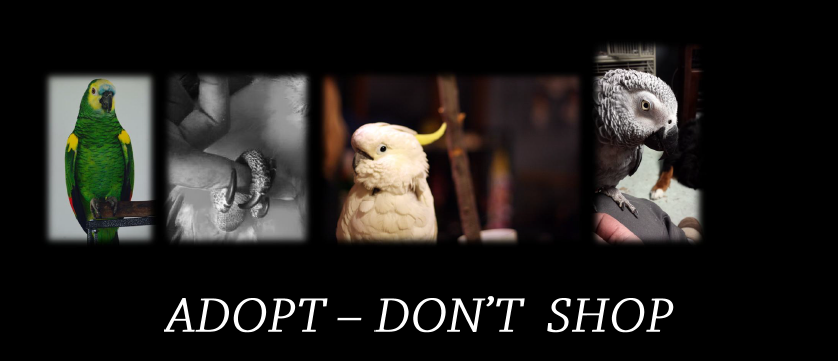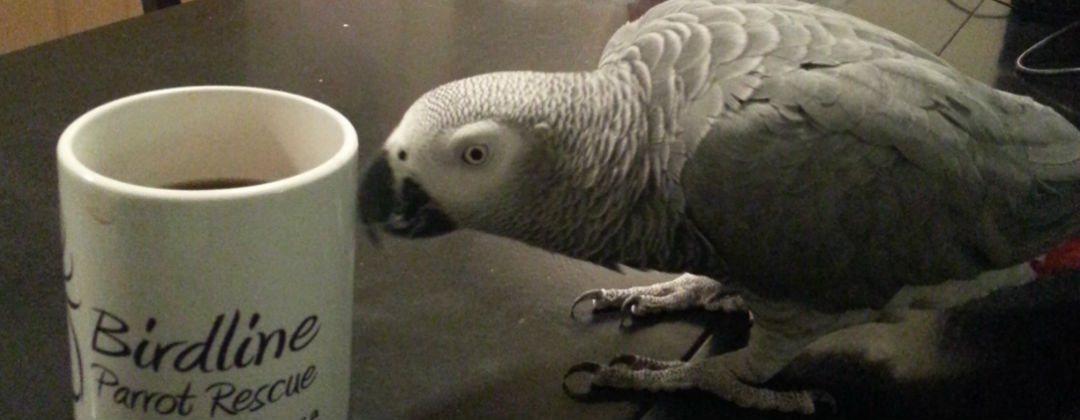Code and ethics of the Animal Protection Act
This applies to ALL animals, not just our domesticated ones.
As taken from the Alberta Protection Act (APA) website http://www.albertaspca.org/
Definition of distress
The Act states that an animal is in distress if it is
(a) deprived of adequate shelter, ventilation, space, food, water or veterinary care or reasonable protection from injurious heat or cold, (b) injured, sick, in pain or suffering, or
(c) abused and subjected to undue hardship, privation or neglect.
The provisions for ventilation and space mean that animals kept in holding facilities are entitled to fresh air and sufficient room to carry out normal activities. The term “veterinary” is to clarify the type of care, and to ensure that animals receive proper medical attention when needed.
The requirement for reasonable protection from injurious heat or cold makes it an offense to fail to protect animals from extreme temperatures. The type of protection varies according to species, and sometimes by breeds within a single species. However, all species require some form of protection from the elements. Dogs left outdoors, for example, need a degree of protection dependent on their breed hardiness. Some livestock species such as pigs require enclosed structures, while windbreaks are acceptable for cattle and horses.
The Act delineates the duties that must be carried out by anyone who owns or looks after an animal – i.e., they must:
(a) ensure that the animal has adequate food and water,
(b) provide the animal with adequate care when the animal is wounded or ill,
(c) provide the animal with reasonable protection from injurious heat or cold, and
(d) provide the animal with adequate shelter, ventilation and space.
This section was created as part of the amendments to the Act in 2006 and corresponds to the expanded definition of distress. By placing the duties in positive terms, it clearly defines the responsibilities of an animal owner and presents them in comprehensible terms. Rather than having to prove an animal is in distress, failure to perform these duties is now enough to be considered an offense. For instance, it’s much easier to see that an animal is not being given water to drink than to show that it is in distress from dehydration.
Birdline Parrot Rescue also follows the guidelines put forth by the Alberta Privacy Protection Act also known as FOIP – http://www.servicealberta.ca/foip/ and does not disclose the names of any individuals surrendering, fostering or adopting without their expressed written consent. Those individuals who “choose” to make themselves known on any social media due so at their own discretion.
Birdline Parrot Rescue WILL share photos and medical information pertaining to parrots that come into us for educational purposes and when said birds are available for adoption.
If you have any questions/concerns/comments please feel free to email us at anytime.
Contact: info@birdline.ca
Phone: 587-777-2473



